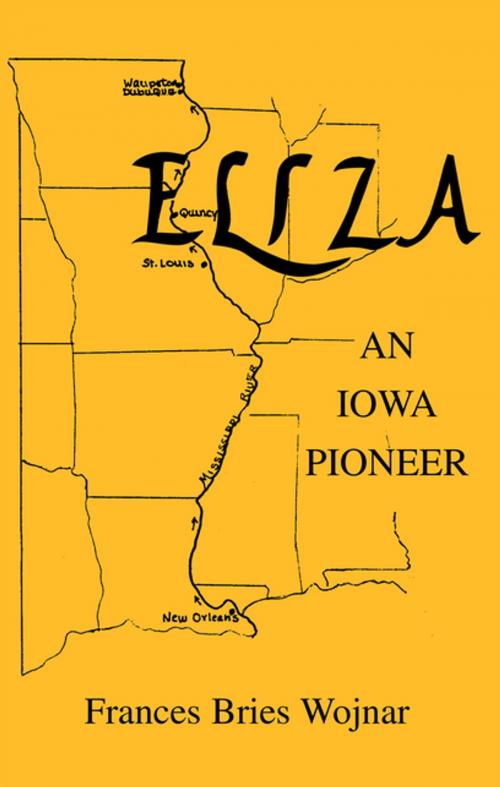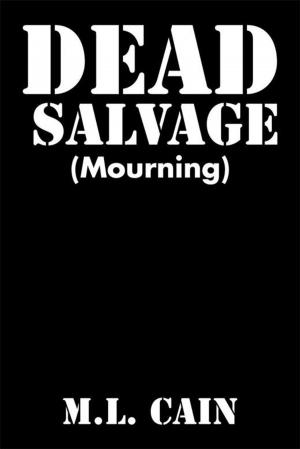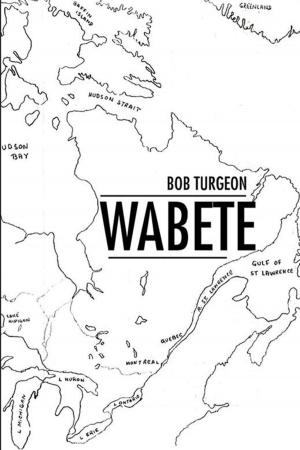| Author: | Frances Bries Wojnar | ISBN: | 9781477181454 |
| Publisher: | Xlibris US | Publication: | November 15, 2005 |
| Imprint: | Xlibris US | Language: | English |
| Author: | Frances Bries Wojnar |
| ISBN: | 9781477181454 |
| Publisher: | Xlibris US |
| Publication: | November 15, 2005 |
| Imprint: | Xlibris US |
| Language: | English |
Longer synopsis and biography for Xlibris Website In ELIZA, AN IOWA PIONEER , immigrant stories are written in epistolary form to Elizas papa, her sisters and best friend in the old country. The letters are taken from tales My Family History As Far Back As I Can Remember as narrated by Eliza to her granddaughter, Elizabeth Leitgen, from oral history and American history from 1836-1860. At the age of 16, Eliza, and her brother Heinrich, age 14, are put on a ship with a trunk of bread. It is a solution to their papas financial crisis that is compounded by the potato famine in Lower Saxony, now part of Germany, and his lack of dowry for Eliza. Landing in New Orleans, Eliza and Heinrich are taken in by a kind lady in whose home they work and learn English. From there they make their way north on the Mississippi River, stopping in St. Louis where Eliza meets and marries a fellow countryman, Johann Rolwes. The couple continue north stopping briefly in Quincy, Illinois, then settling permanently on ninety wooded acres of land near Waupeton, Iowa, a trading post on the Mississippi River twenty-five miles north of Dubuque. Elizas letters to her family in the old country reflect the ingenuity, humor and hopes of frontiersmen before the Civil War. She tells of putting a kettle of bread dough in bed with her, allowing her body heat to produce the rising action to save fuel. Detailed encounters with bears, wolves and Indians are experienced and dealt with. Eliza explains how she and Johann chose to make coffins and lay out the dead for their settlement. The completed manuscript include her shipboard journal, sixty letters, maps, and line drawings. Historical notes are added on how to make soap, gestation of pigs, spring butchering, weaving, and fee schedules reflecting the economy of the times are included. Various stages of revision were read to my students in Vallejo. One student returned after graduation to find out how the story ended.
Longer synopsis and biography for Xlibris Website In ELIZA, AN IOWA PIONEER , immigrant stories are written in epistolary form to Elizas papa, her sisters and best friend in the old country. The letters are taken from tales My Family History As Far Back As I Can Remember as narrated by Eliza to her granddaughter, Elizabeth Leitgen, from oral history and American history from 1836-1860. At the age of 16, Eliza, and her brother Heinrich, age 14, are put on a ship with a trunk of bread. It is a solution to their papas financial crisis that is compounded by the potato famine in Lower Saxony, now part of Germany, and his lack of dowry for Eliza. Landing in New Orleans, Eliza and Heinrich are taken in by a kind lady in whose home they work and learn English. From there they make their way north on the Mississippi River, stopping in St. Louis where Eliza meets and marries a fellow countryman, Johann Rolwes. The couple continue north stopping briefly in Quincy, Illinois, then settling permanently on ninety wooded acres of land near Waupeton, Iowa, a trading post on the Mississippi River twenty-five miles north of Dubuque. Elizas letters to her family in the old country reflect the ingenuity, humor and hopes of frontiersmen before the Civil War. She tells of putting a kettle of bread dough in bed with her, allowing her body heat to produce the rising action to save fuel. Detailed encounters with bears, wolves and Indians are experienced and dealt with. Eliza explains how she and Johann chose to make coffins and lay out the dead for their settlement. The completed manuscript include her shipboard journal, sixty letters, maps, and line drawings. Historical notes are added on how to make soap, gestation of pigs, spring butchering, weaving, and fee schedules reflecting the economy of the times are included. Various stages of revision were read to my students in Vallejo. One student returned after graduation to find out how the story ended.















